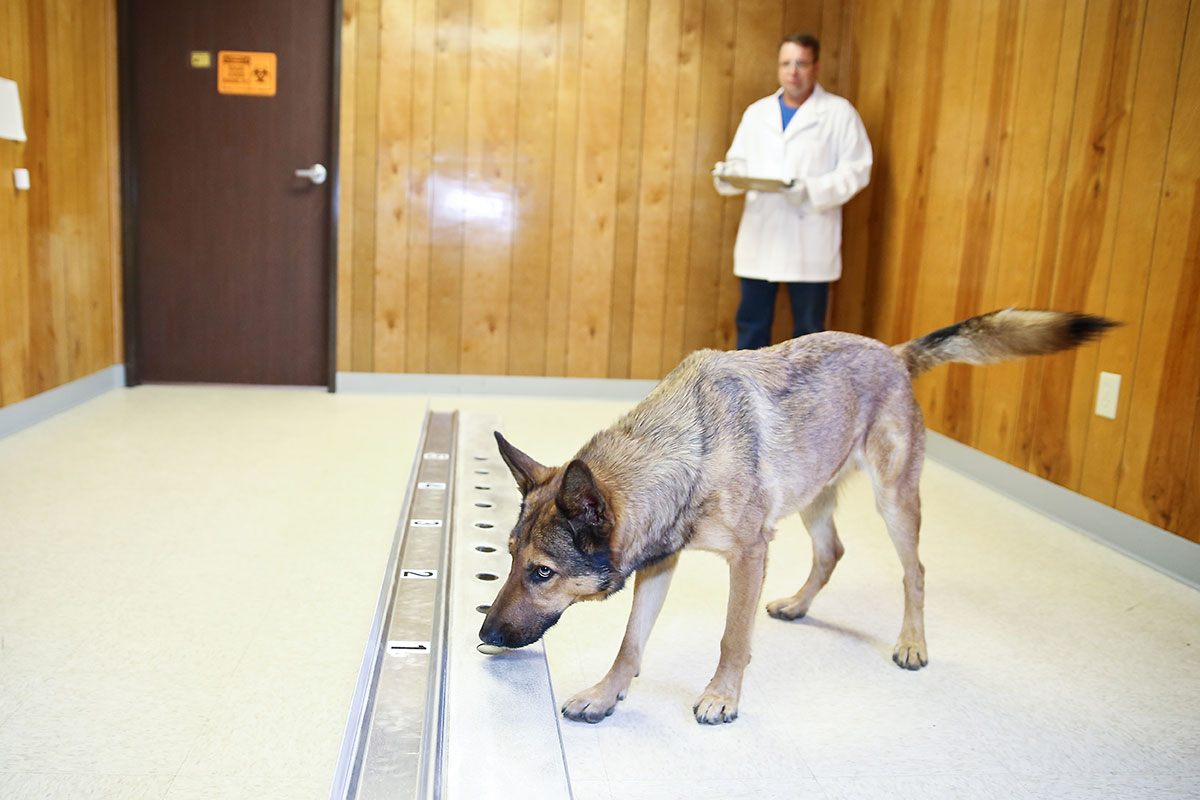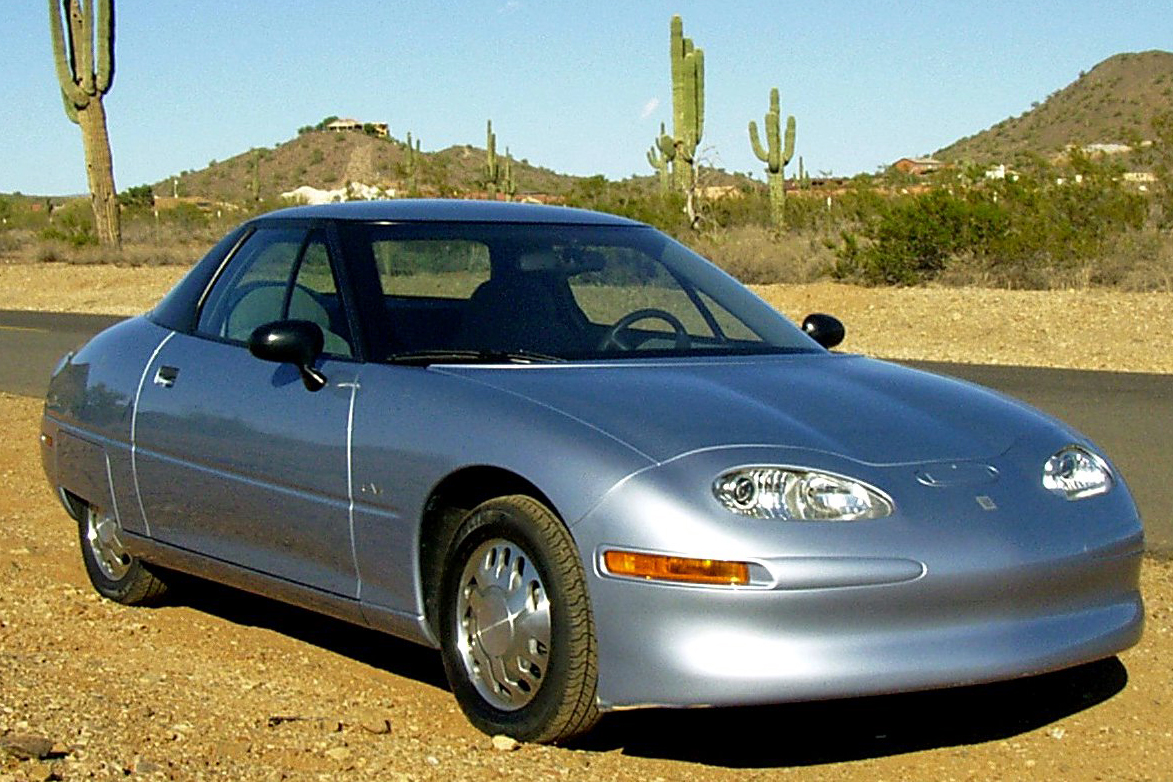Earlier we wrote about the need to separate credit that can be used to buy fossil fuels from credit that can be used to buy labour or renewable energy. We proposed to introduce two new currencies in the EU, the Auro and the Joule. Every citizen would have an account with three values one for each currency. The goal would be to minimize the use of the Euro to drive the transition.
The rules would be as follows :
Euro
The Euro could be created by the EU governed banks in case of need for fossil fuels by the reciever of the currency. The Euro can only be used to buy oil, gas, coal or biomass. If you assume the accounts of the energy suppliers are also under government of the EU there would be no interest over the Euro loans, no requirement to repay them, they would be spend with the fossil energy suppliers and then destroyed. This way banks are not incentivised to loan out maximim amounts, nor can they base a power structure on their right to create the currency. Like today the creation would have to be in line with supply, and carefull consideration would have to be given to who gets these ‘carboncredits’.
Auro
The Auro is a currency for labour. It could be gold backed, because the amount of gold can not be increased arbitrarily. They could take the form of gold coins or true gold credits in an account. There should be almost no friction to get to your gold if you have any. Historically gold has been a good currency because both the amount and the number of abled workers would not vary greatly. To ensure new labour intensive projects can be started the EU central bank should have a considerable store of Auro. On creation it should be distributed equally over citizen. Each would simply get 1000 Auro in cash or in their account. As much production will be automated and running on renewables there is little reason why anyone would amass large amounts of Auro. It would indicate the balance in effort of people in their communities.
Joule
The Joule is a credit for renewable energy. It can be ‘sold’ by the state or by individual owners of renewable resources. As renewables will be the ultimate base of all economic activity the tax office of the EU or member state should be in charge of assiging Joule to itself or whoever owns a “Joule source”. The Joule can not be freely usable in any region because the energy you buy with it may not be there. There can be zones that are so well connected by a grid or other means of energy transportation, that you could practically have free use (say in an industrial zone or densely inhabited region). The Joule as a currency doesn’t have to be dumb though, it can simply have a property of depreciation exactly calculated on the loss of energy transport to where you spend it. So say there is a wind turbine owned by X in Amsterdam, who recieves 4 MJoule per year to sell to people who need energy (in return for Auro for maintenance personel?), then the reach of that offer is not global, its regional. The buyer wants a Joule that will ‘perform’, to use to heat his/her home, or to power a pizza oven. As a rule you could say that a Joule ‘was’ a Joule at its source, so you can have weak Joules from Amsterdam or strong ones from Goningen (in Groningen). Someone in Groningen may be able to get the last Houles the owner wants to sell cheaply, but of course his Joules are not as powerfull after you take away the cost of transport. One can imagine a Joule exchange where people trade surplus Joules into more performant Joules. This could also be an automatic system.
The Joule is the most complex currency in this system. Because of the different nature of a “Roboeconomy” or economy run 100% on renewables, the Tax office that creates the Joules would always first reserve its own cut. That way no need for taxation. Then it would distribute a lot of Joules evenly over the citizen as a basic income. This would mean that if you have a Joule source in a region, your Joules would be distributed and not all Joules would be yours to sell. The question if you did would be “what would people use to pay you”. The aim is to prevent large concentrations of Auro with Joule producers (like Iran hoarded gold when it required it to be used as payment for oil/gas). The real Euro today buys much less in Switzerland than in Italy, so its not new that a currency can have varying efficacy. It would be a process of optimization to make this system work. Of course every added reneable energy resouce and local production facility would reduce this variability.
One could start with simply creating the Auro against the gold reserves, and the Joule from a new EU tax related office. Then introduce laws that enable owners of Joule sources to recieve Joules from the tax office. Of course these owners would have to be set up to deliver their Joules. State or EU owned Joule sources would be used to pay taxes and distribute buying power to citizen. It would be in the interest of the EU to constantly build more renewable Joule sources.
To be continued..
















